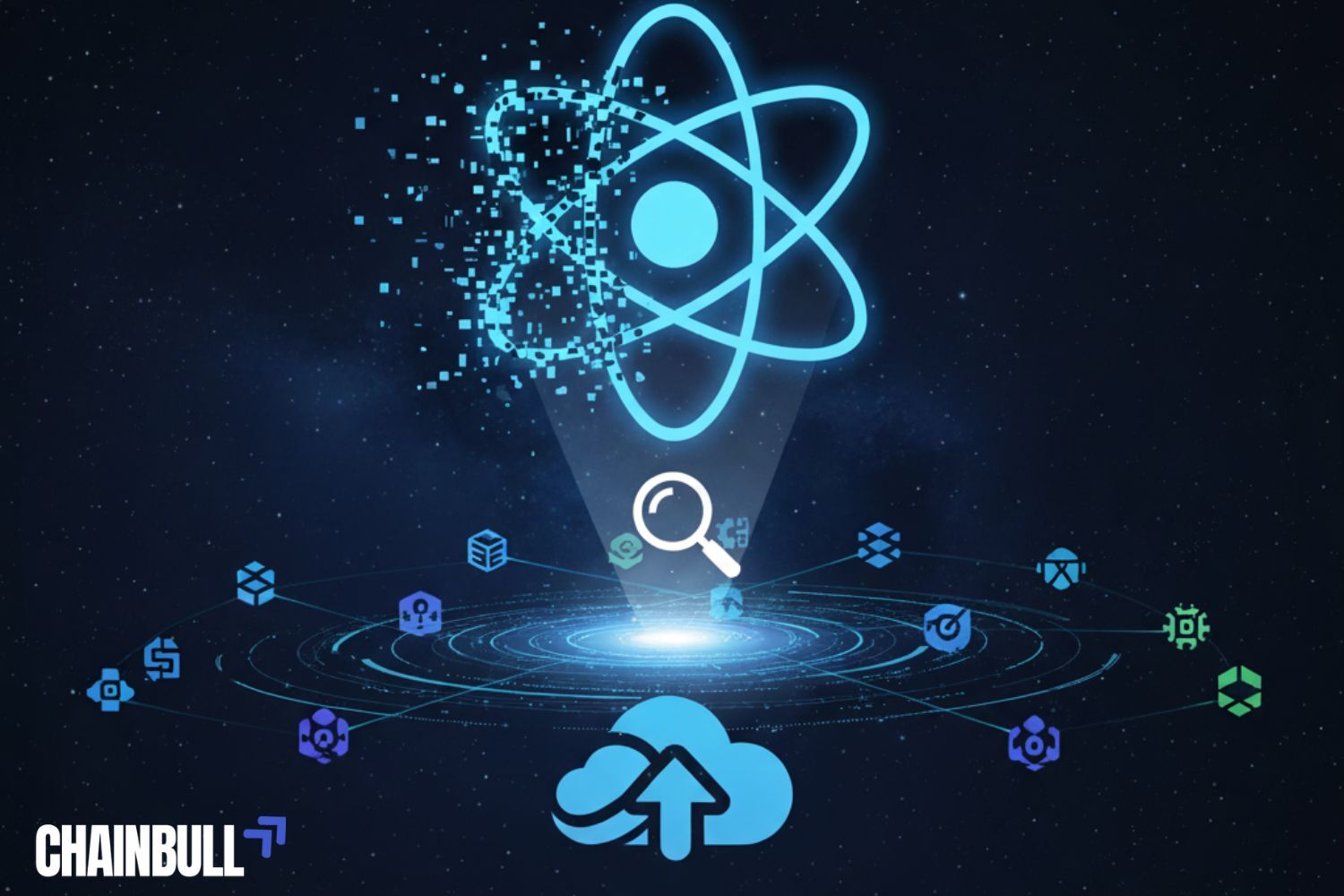

Akash Network, a decentralized cloud computing platform built on the Cosmos SDK, will shut down its chain and move to a new blockchain network, founder Greg Osuri announced. The relocation is a significant change in the project’s architecture, which intends to improve security, scalability, and community involvement.
In a post on X, Osuri revealed that Akash is conducting a “public evaluation” of possible destination networks both within and outside the Cosmos ecosystem. The new base chain is yet to be determined. Still, Osuri noted that the team would look for “strong security, a high-quality community, deep liquidity, and exciting growth.” He further stated that the next network would be IBC-compatible, hence, there will be no interruption to the interoperable connections with Cosmos-based applications.
As a Cosmos appchain, Akash decentralizes the cloud by running a marketplace where cloud and GPU resource buyers meet independent compute providers. Its Mainnet 6 upgrade in 2023 was Nvidia GPU-enabled, which in turn made it possible for the users to get AI computing power at a much lower cost than that offered by centralized cloud providers.
Osuri said that Akash plans to keep the important connections with Osmosis, Keplr, and other Cosmos tools to maintain the flow of users and developers. There will be an official request for proposals (RFP) from blockchain foundations, inviting them to take part in the migration process which will be released next week.
Answering to the community concerns, Osuri pointed out that staking will not be gone with the move but rather “transform into something better.” He indicated that the new protocol might overlay the Akash network with radically different design concepts than consensus-based staking to create innovative ideas. Osuri also mentioned Solana as a “strong contender” for Akash’s next home while noting that the team will decide in an “extra prudent” manner.
A base-layer migration of this scale signals Akash’s intention to strengthen its position within the DePIN (Decentralized Physical Infrastructure Network) sector, which spans compute, storage, and wireless systems. DePIN is pronounced by researchers as a multi-billion-dollar category, where AI compute and Web3 cloud services are the main drivers of the segment.
Osuri said that the determination of Akash would be open to scrutiny by the community and that the community would decide the matter by itself. The community members will publicly debate the trade-offs and design decisions before the final announcement is made.
Enter your email → Get instant download.
